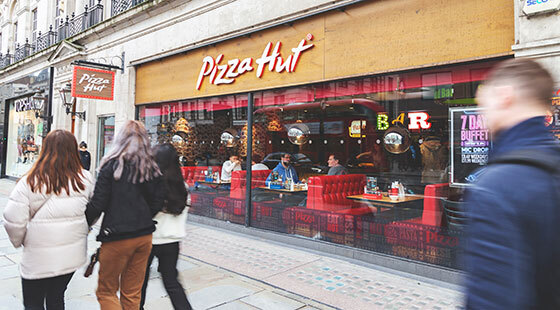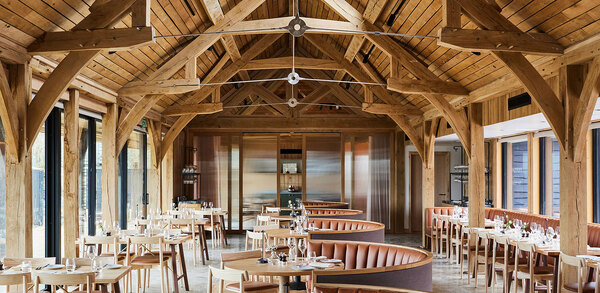Hospitality industry wages outstripping new NLW
That is according to research by software provider Fourth, statistics which have been mined from Fourth data on the hourly pay of thousands of hospitality workers across the restaurant and pub sectors.
The research suggests all age cohorts are earning higher than their respective new thresholds, which come into force in April 2019.
The data found the average pay of those aged between 21 and 24 was £8.35, 65p higher than the new threshold; those 18-20 were on £7.37, £1.22 higher than the new threshold, and those under 18 were on £6.52, which stood £2.32 higher.
Mike Shipley, analytics and insight solutions director at Fourth, said: âConsidering hourly wages of hospitality workers increased by 4.8% over the last six months, itâs likely the gap between real wages and the new thresholds will be further exacerbated between now and April.
âAttracting and retaining quality employees is one of the biggest challenges hospitality operators now face and with a well-documented shortage of labour, particularly in skilled back-of-house roles, operators are offering competitive rates, alongside development programmes, incentives and other initiatives to attract the best employees, which are all driving up costs.â
The statistics also revealed that EU workersâ average hourly wage is higher than workers from the UK, but lower than those from the rest of the world (ROW).
Over the period March to September 2018, EU workersâ wages rose 5.2% from £8.08 to £8.50; while UK workersâ wages rose 5% from £7.73 to £8.12; and ROW workersâ wages rose 4.2% from £8.52 to £8.86.
Workers in quick-service restaurants received the highest hourly wage, which rose 4.7% from £8.80 in March to £9.08 in September. Over the same period, pub workersâ wages rose 5.6% from £7.98 to £8.43; while other restaurant workers experienced a 4.7% increase from £7.89 to £8.26.
The data also reveals that front of house (FOH) workers received a higher percentage increase in wages (5.2%) than those working in back of house roles (5%). However, they still earned a lower hourly rate of £8.05, while back of house earned £8.75.
Shipley added: âWhile the statistics reveal that EU and ROW workers earn more than workers from the UK, the large numbers of EU and ROW workers in skilled back of house chef roles in the quick service and restaurant industries has significantly driven up their average wage per hour, particularly with the ROW where a number of specialist overseas chefs command higher wages, impacting the figures.
âWith our industryâs heavy reliance on skilled workers from the EU, a reduction in the supply of labour from these countries â" which we are already experiencing with new EU workers entering the industry decreasing by 3% to 38% of all new starters over the past year â" will continue to drive up wage inflation, further impacting hospitality margins.â
Hospitality shamed as HMRC releases minimum wage underpayments data >>
Restaurants, bars and hotels among employers attracting most minimum wage complaints >>



















